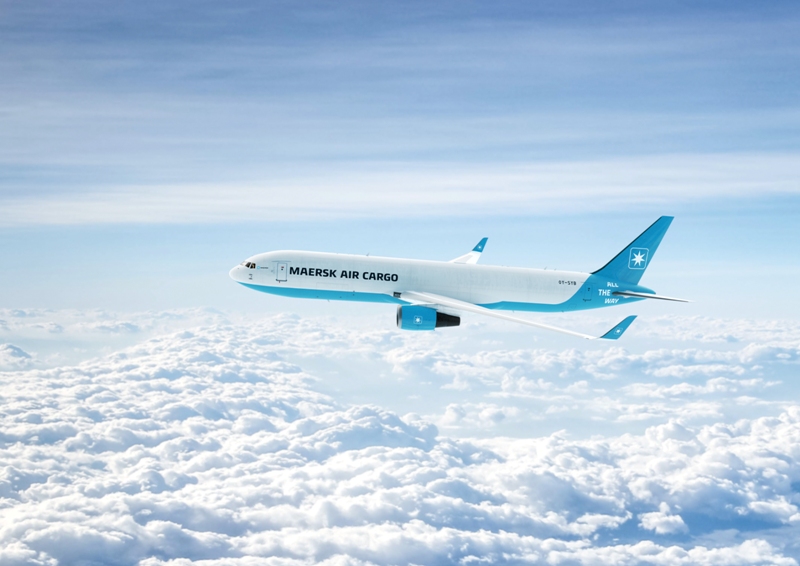
Times have been turbulent for the Nordic air cargo market over the last couple of years.
Like much of the industry, companies from Denmark, Sweden, Norway, Finland, and Iceland had to contend with a lack of air cargo capacity due to the huge reduction in the number of passenger flights as a result of Covid.
However, as last year wore on there was hope that the market could be settling into a new normal as lockdown restrictions were being lifted, and behold operations were beginning to return.
That hope was turned on its head in late February when Russian tanks entered Ukraine and tit for tat sanctions affecting aviation were issued by western countries and Russia.
Probably the most relevant to the Nordic air cargo market was Russia’s ban on using its airspace.
Speaking at the Nordic Air Cargo Symposium, Accenture’s Seabury Cargo commercial director Jonathan Mellink said that between March 7 and 20 the Nordics’ international air cargo capacity slipped 20% behind the equivalent 2019 level as a result of airlines rerouting and canceling flights as a result of the sanctions.
This was around 5 percentage points down on the level recorded in January and February.
One company facing this challenge was Finnair. Fredrik Wildgrube, vice president of Finnair Cargo, says: “We have now routed the flights to avoid Russian airspace, using either the southern or northern route.
“Finnair used the Polar route back in the 1980s and we quickly created alternative route solutions for our customers shipping to and from Japan and South Korea.”
At the time of writing, the carrier was flying to Narita four times a week with a flight time of 13 hours instead of the previous 9.5-10 hours.
The carrier also flies to Shanghai once a week and Seoul three time per week with a flight time of 12-14 hours.
However, flights between Helsinki and Osaka and Hong Kong were cancelled in April as flying them with a longer routing is not currently possible.
The longer routing also has an impact on costs as the carrier needs to take account of more fuel burn, changes to the number of crew and their working hours.
Henrik Nielsen, executive vice president, DSV Air & Sea, Nordics, points to the forwarder’s latest operational update when asked how the war was affecting its business.
DSV says it is monitoring the situation closely, providing solutions where possible to minimise the impact on customer supply chains.
All DSV operations in Ukraine remain suspended.
Furthermore, DSV continues its temporary suspension of all air, sea, road and rail shipments to and from Russia and Belarus. The only exception to this is the transport of medical and humanitarian supplies.
Source: AirCargoNews
